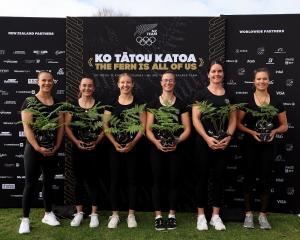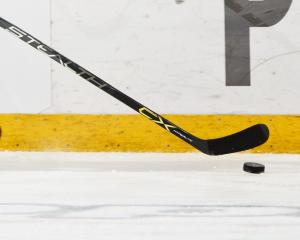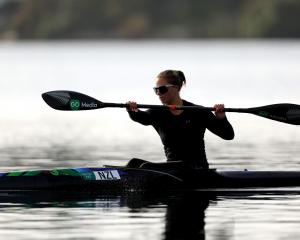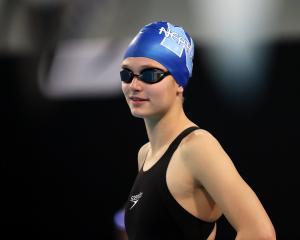Steve Hepburn identifies five sports people who hung around too long, and five who timed their exit to perfection.
Should have quit sooner

(boxing)
The most famous athlete in the world but one who did not know when to quit. Had three retirements and his last comeback, an ill-fated one against Larry Holmes, ended in embarrassment.

(football)
At his peak, for the 1986 World Cup, was absolutely outstanding and won the World Cup for his beloved Argentina. Then led Italian club side Napoli to glory. But it all unravelled in the 1990s as injuries caught up with him, along with dodgy dealings off the field. Kicked out of the 1994 World Cup after failing a drugs test.

(rugby)
Was a top forward at the 1987 Rugby World Cup but part of the Auckland mafia in 1991 that was too slow at the next World Cup and was left behind by the Australians. Played on the next year but new All Blacks coach Laurie Mains had no interest in him.

(American football)
Started out with the Green Bay Packers and led the side to a Super Bowl and a solid run of results. Had a superb arm and temperament. But in the later stages of his career was never far away from retirement. Eventually quit Green Bay but a few months later wanted to come back. Green Bay did not want him, so he ended up at the New York Jets. Then went to the Minnesota Vikings for two seasons before his body wore out on him. Was a grandfather by the time he quit.

(swimming)
Is New Zealand's greatest swimmer but should have quit a few years before he did. Once he won those two golds at the Atlanta Olympics, he should have hung up his togs and walked away. Instead, he hung around and went to the 1998 Commonwealth Games in Kuala Lumpur, where he won a relay bronze. Retired when he ran out of motivation in the lead-up to the 2000 Sydney Olympics. Still remembered for those two golds and deservedly so.
The perfect farewell

(squash)
Totally dominated for almost a decade. Devoy won eight British Open titles and four world titles. Her last world title was in 1992 and in her victory speech she caught everyone by surprise by saying she was retiring. But that was Devoy - always blunt and straight to the point. When she retired, she had done it all. At the time she was Australian, British, French, Hong Kong, Irish, New Zealand, Scottish, Swedish and World Open champion.

(cricket)
Paddles loved his statistics and he would have loved the fact that in his final test he took a wicket with his final ball. Sure, it was only English bunny Devon Malcolm, but what a great way to go out. Hadlee just kept getting better the older he got, and may have been tempted to keep going even though he was nearly 40. He was (is) New Zealand's greatest cricketer by a fair distance.

(rugby)
When Umaga hung up his boots at the end of the 2005 grand slam tour, he was the All Black captain and was playing as well as ever. But he did not think he could last another two years to the next World Cup. So, with the team in mind, he stood aside, although he played domestically for another year. Is now a promising coach with Counties-Manukau.

(athletics)
He was never beaten at a major meeting and won an Olympic gold medal, aged 22, at the 1960 Rome Olympics. Elliot was one of the greatest middle-distance runners, winning two Commonwealth Games medals. Went to Cambridge, ran a race for the university and then retired, not yet 25.

(rugby)
It is unlikely Johnson will be remembered warmly for his coaching but he was one of England's greatest players. First played for England in 1993 when he was called in at the last minute for Wade Dooley. He was a cornerstone of the English pack for the next decade as the English side gradually grew in ability and toughness. By 2003, the side was at its peak and won the World Cup, thanks in no small part to Johnson, who drove his team to victory. Quit international rugby a few months afterwards, his last game in the England jersey being that World Cup win.










